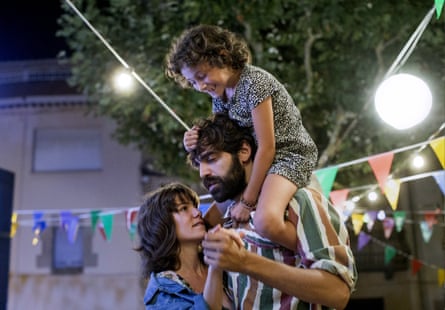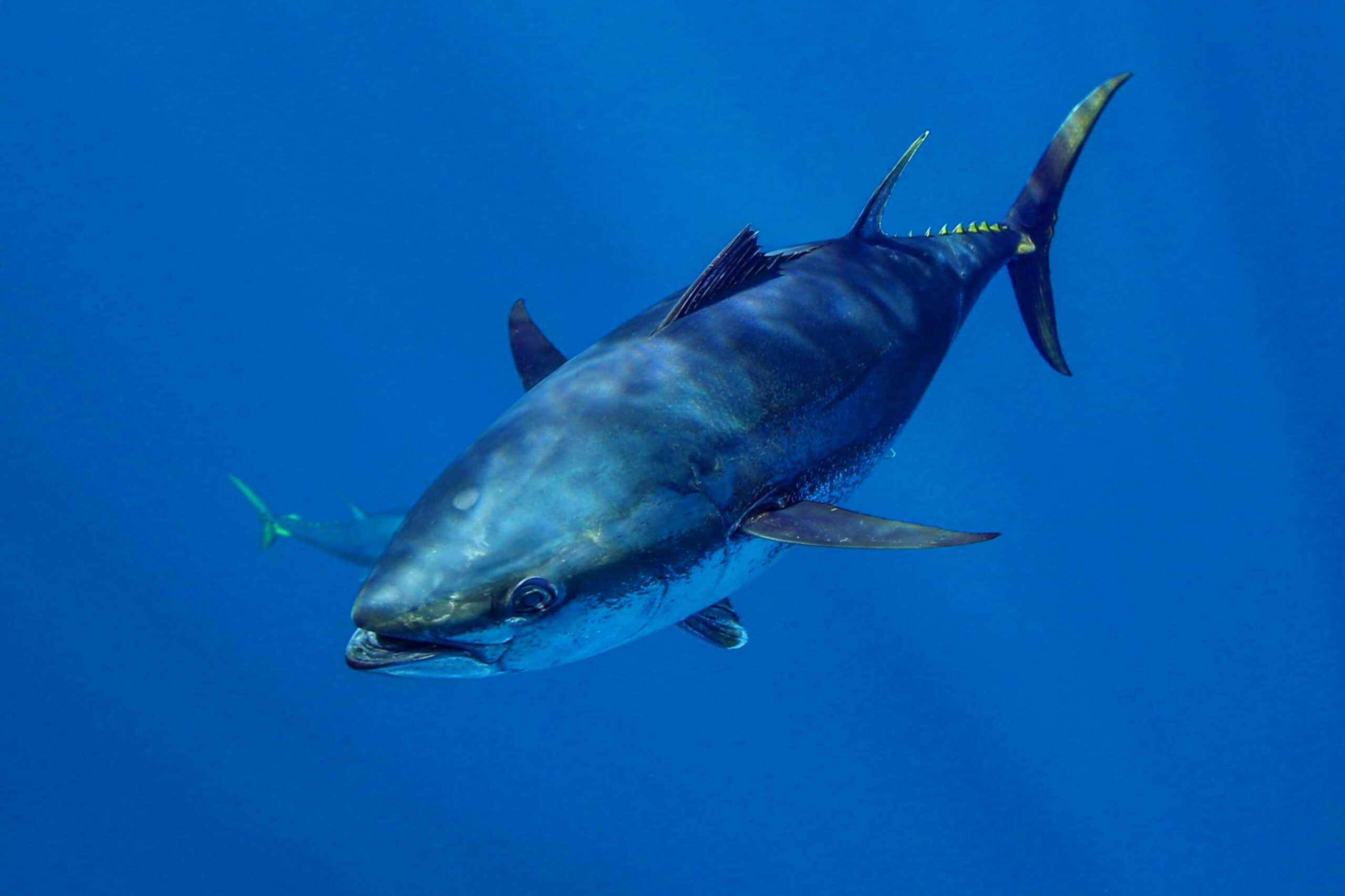Alcarràs director Carla Simón: ‘I have feelings for Spanish culture and Catalan culture’ | Movies
Written by on January 9, 2023
The films of Catalan writer-director Carla Simón could almost – almost – serve as tourist ads for the life bucolic. In her 2017 debut, Summer 1993, a young girl discovers the countryside for the first time, while her follow-up, Alcarràs – which won the Golden Bear, the top prize at the 2022 Berlin film festival – is set on a peach farm, where children run wild between multigenerational family meals in the sun. Yet, joyous as Simón’s two features are, they are built on a hard foundation of bitter reality. In Alcarràs, a story underpinned by the challenges faced by farmers across Europe, the Solé family lives under immediate threat of eviction, while Summer 1993 is based on Simón’s own experience as a child after the death of both her parents.
Even so, Simón’s stories brim with the hope carried by new generations – the main theme now in her own life. In London late last year, the director whose full name is Carla Simón Pipó is cheerfully wide awake despite the recent birth of a son, Manel, then three and a half months. Simón, who speaks Catalan-accented perfect English, wears a crisp, sober business suit matching the formality of a meeting room in a distinctly corporate West End hotel; Manel occasionally comes into view outside the wall’s glass panel, wheeled to and fro by his father.
Spain’s entry for the 2023 Oscars, Alcarràs is named after a town in western Catalonia, and is one of the most vivid expressions of rural realism in recent cinema. It’s partly because of the no-frills beauty of the stark, flat landscape where it is set (“We call it the Catalan far west,” says Simón) and partly because of a large ensemble cast that totally convinces as a family – from Iris, an irresistibly anarchic six-year-old, to grandparents who embody the long-term memory of the region and its civil war travails.
Every actor in the film is non-professional, except for the director’s sister, Berta Pipó, who was also involved in the casting – a process that involved about 9,000 potential candidates for roles. “We were lucky,” says Simón. “We started before Covid, so we could go to all the villages, the festivities, the cooperatives, even to the fields – we went everywhere, just to invite people to the auditions. We saw all the area around Alcarràs, mainly where they pick this kind of fruit, because the farmers have similar kinds of personality because of the fruit they pick.”
Really? So peach farmers have different personalities from apple farmers? “Not apples – but people who cultivate cereals are more relaxed because they don’t have to deal with a lot of workers, they don’t have to be there at a specific time because otherwise it’ll go bad on the trees, and the prices are more stable.”
The main casting problem was persuading farmers to take part in a summer shoot. “They were like: ‘In summer I have my harvest, so don’t talk about films because I have no time.’” In the end, Jordi Pujol Dolcet, who plays farmer and paterfamilias Quimet, was found at a demonstration, like the one seen in the film, where peach growers protest for better prices. Pujol himself was a farmer, but gave up and now works in a village hall: “It’s a similar story to the one in the film,” says Simón.
Above all, Alcarràs is about rural communities’ struggle for survival, inspired by Simón’s own upbringing in a farming family. “The idea came to me when my grandfather died. It made me think, as a family we share this space and we take it for granted, but what would happen if one day it didn’t exist? Many people are abandoning their land because this way of doing agriculture in small family groups is not sustainable any more. The big companies get the land, and it’s a problem. Because when you want to leave the land to your children and grandchildren, you take care of it. But if you’re a big company, you exploit the land, and if it doesn’t work, you leave it.”
To cement her recruits into an onscreen clan, Simón rented a house that her actors visited over three months to prepare their roles and learn family background – “So that they had all these shared memories when we started shooting” – before everyone finally got together for a big communal meal. It was only then that they all read the script. The end result feels convincingly like a casual group portrait of people who have known one another all their lives. Pedro Almodóvar, no less, was moved to comment: “Behind Alcarràs’s apparent simplicity lies a meticulous director, with hundreds of hours’ worth of work to make this masterpiece look like a documentary.”

Among other things, Alcarràs confirms that Simón is an extraordinary director of children – as witness Summer 1993. That film drew closely on the director’s own experience at the age of six; born in Barcelona, she was adopted by her aunt and uncle who lived in the countryside in northern Catalonia, after both her parents died of Aids-related illnesses. Her mother worked in administration, including, towards the end of her life, the 1992 Barcelona Olympics; Simón has no memory of her father, who was a sailor. Both were casualties, she says, of a national wave of drug use that began when Spain emerged from the repressions of Francisco Franco’s dictatorship. Her biological parents, she says, “lived in this moment of freedom all over Spain – a happy moment, but it also had a dark side. It was crazy, the amount of heroin that got into the country, and there’s a whole generation that died of it.”
Judging by Summer 1993, the young Simón’s new home was a fairly bohemian environment; in the film, modern jazz plays constantly (Simón’s brother, Ernest Pipó, contributed to the score) and indeed her adoptive father used to play bass. “My sister is an actor, I make films and my brother is a musician, so obviously there was something arty in the house.”
“I did turn into a country girl, totally,” says Simón; but at 17, she returned to Barcelona to study film and still lives there. Later, she spent four years at the London Film School, where she made a number of shorts, including one about two children encountering death for the first time – which prompted her to make Summer 1993. “I realised I should tell my own story.”
Recently, while pregnant, Simón made a short film addressing her feelings about both her imminent baby and her late mother. More impressionistic, even dreamlike, than her features, the 24-minute Letter to My Mother for My Son mixes diary-style footage, a fanciful flamenco sequence evoking her birth parents’ romance and dramatic scenes in which three different women play her mother. One is Ángela Molina, star of films by Luis Buñuel and Almodóvar, and an authentic legend of Spanish cinema. “If I had to wish who my mum would be now, I’d wish Ángela Molina.”
When it comes to Catalan culture, Simón’s films contain elements that could be considered folkloric – such as festivities involving drinking contests and capgrossos, giant papier-mache carnival heads – but always in a matter-of-fact context. Her films may come across as quintessentially Catalan – but perhaps they aren’t entirely, says Simón. “What made me happy is that many people from other areas of Spain came to me and said: ‘This is my village.’
“There’s also something that is more about personality. The big problem in this family is that they cannot communicate, and to me this is very Catalan. We pretty much just shut up too much,” she laughs.
On the subject of Catalan independence, Simón has tended to declare herself an agnostic. “I’m not very nationalist. I have feelings for Spanish culture and Catalan culture in a similar way – for me, the important thing to take from what happened is that we can manage politics in a more local way. It shouldn’t be the Spanish government that decides how we manage our money in Catalonia.”
With her triumph in Berlin, Simón belongs to a wave of female directors scooping the top prizes at European festivals, notably Julia Ducournau (Cannes), Audrey Diwan and Laura Poitras (both Venice). She is also part of a new generation of female directors emerging from Spain – among them, fellow Catalonians Clara Roquet and Meritxell Colell. As for canonical Spanish directors who influenced her, Simón cites Víctor Erice, Carlos Saura and Buñuel – names that might suggest a hankering to move beyond the bounds of realism.
In fact, Simón is now writing her third feature, which she says will be more poetic and surreal than her previous work, yet sounds every bit as personal. “It’s about a teenager and how, when you can’t access your family memory, you have to make it up, basically.”
watch avatar the way of water full movie
watch avatar the way of water full movie
watch avatar the way of water full movie






